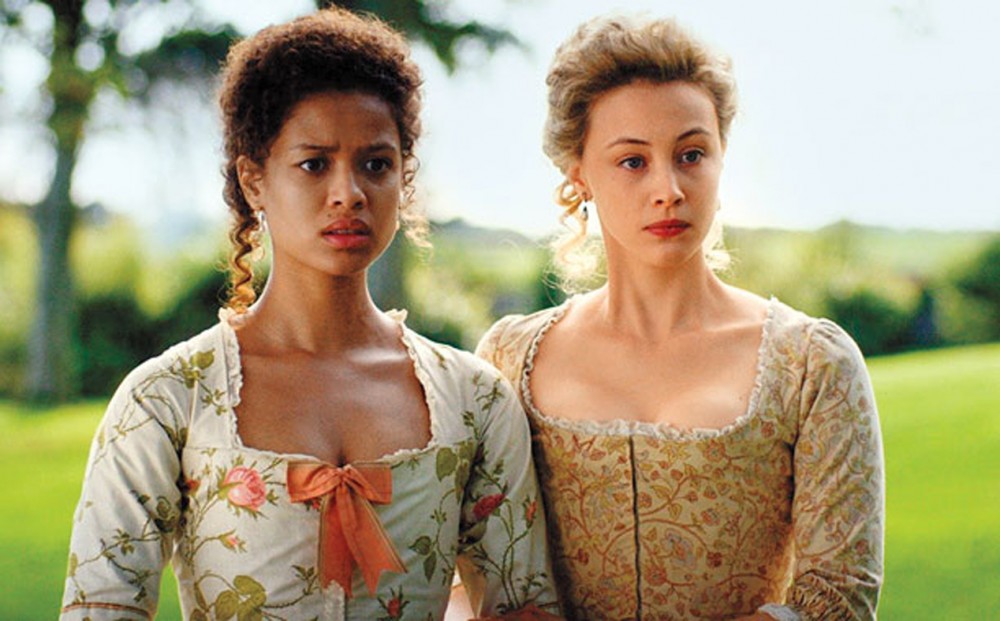The Los Angeles County Museum of Art’s (LACMA) 2013 Art and Film Gala sees a showing of four restored films by Agnès Varda, once called ‘the godmother of the French New Wave’.
Black Panthers (1968), is one of the films. Sometimes known as Huey (1968), it is a 30-minute long documentary that looked at a rally to free the party’s leader, Huey P. Newton.
Ms. Varda is a Belgian film director and professor at the European Graduate School. Her movies, photographs, and art installations focus on documentary realism, feminist issues, and social commentary with a distinct experimental style.
Born in 1928, she has been making challenging feature films and documentaries that have spanned six decades.
In particular, Black Panthers, centers on a rally organized in 1968 to demonstrate and lobby for the release of the organization co-founder, Huey P. Newton. Mr. Newton was imprisoned and accused of murdering a police officer in Oakland, California. Though without an iota of evidence, he was found guilty by a white jury for manslaughter and sentenced to 15 years in prison, especially after spending more than a year in solitary confinement.
This is one of Varda’s polemical documentaries that sincerely paints an honest portrait of The Black Panther Party. With black coats, pretty women, adorable children, hateful pigs [the cops], and Afros jutting out of every head, the film circumscribes a vivid portrait of a time and place of gross white police brutality, widespread institutional racism and discrimination against African Americans.
At the same time, the film provides an important, if hardly impartial, historical document fro understanding the frustration in Black communities and their distrust of a government that continued to dehumanize them and at certain points even launched police war-fares on black communities for absolutely no good law enforcement reason.
[sws_blockquote_endquote align=”” cite=”Kwame Ture (aka Stokely Carmichael)” quotestyle=”style03″] America did not declare war in Vietnam, but they fight in Vietnam. America did not declare war in North Korea, but they fight in North Korea. America did not declare war on the Native Americans but they wiped them out. America has not declared war on Black society but they constantly destroy it. They send those pigs [cops] to destroy it everyday. [/sws_blockquote_endquote]
Ms. Varda’s extremely personal approach to the film makes it a very touching material. Many questions about white police brutality and the national forces that empowered them, taken together with ‘good’ white people’s nonchalance about the expansive atrocities committed against Blacks across the country back in 1968, is still equally, consistently and endearingly perpetual.
Ms. Varda’s interview with Mr. Newton, reveals a disturbing fact of history. We learn from this 30-minute film that the prison Mr. Newton was held before his politically motivated trial, housed more than 80 percent Blacks in a city that boasted only a 30 percent African American population – Oakland, California.
No progress since 1968.
Racial progress, often called integration, and the fight for a more egalitarian society has clearly failed in America. Especially for African American societies the struggle for self-determination in a country that toots democracy and exceptionalism around the world, the setback has been particularly brutal and one that has been filled with regret and resentment.
Costly lives have been lost, first through slavery, then through segregation, Jim Crow, and more recently through a misguided – although very guided against Blacks – war on drugs.
[sws_blockquote_endquote align=”” cite=”The US Attorney General, Eric Holder, on August 12, 2013″ quotestyle=”style03″]Too many Americans [blacks] go to prisons for far too long, and for no truly good law enforcement reason. [/sws_blockquote_endquote]
The archival footage of interviews with the likes of Kwame Ture (Stokely Carmichael), Kathleen Cleaver, Eldridge Cleaver and many other political figures of that era were breathtaking.
These interviews, which the documentary employed to admiring effect, together lay a sincere foundation for understanding the socio-economic atmosphere and the political circumstances that led to the formation of the Black Panther Party – a party whose totem, the black panther, underscore its ideology.
The film clearly traces the borders of The Black Panther ideology as one that was rooted in defending oneself to the fullest extent that the law allowed, when attacked; clearly an ideology that was far from being hostile. But even for that inalienable right of every human, the Panthers were labeled terrorists by their ‘government’.
It is only fitting that LACMA has moved to restore the film, Black Panthers (1968), perhaps to remind the African American community that the fight for self-determination is still at hand. That America remains the brutal society it was in 1968.
Other films by Ms. Varda will also be restored. These films include Uncle Yanco (1967), LIONS LOVE (…AND LIES) (1969) and Mur Murs (1981). This 2013 show is part of LACMA’s large-scale initiative to explore the place of film in a museum context.
As a testament to her contribution to film and culture, a new sculptural installation inspired by her time in Los Angeles in the late 1960s and a selection of her excellent photographs will be displayed as well.









